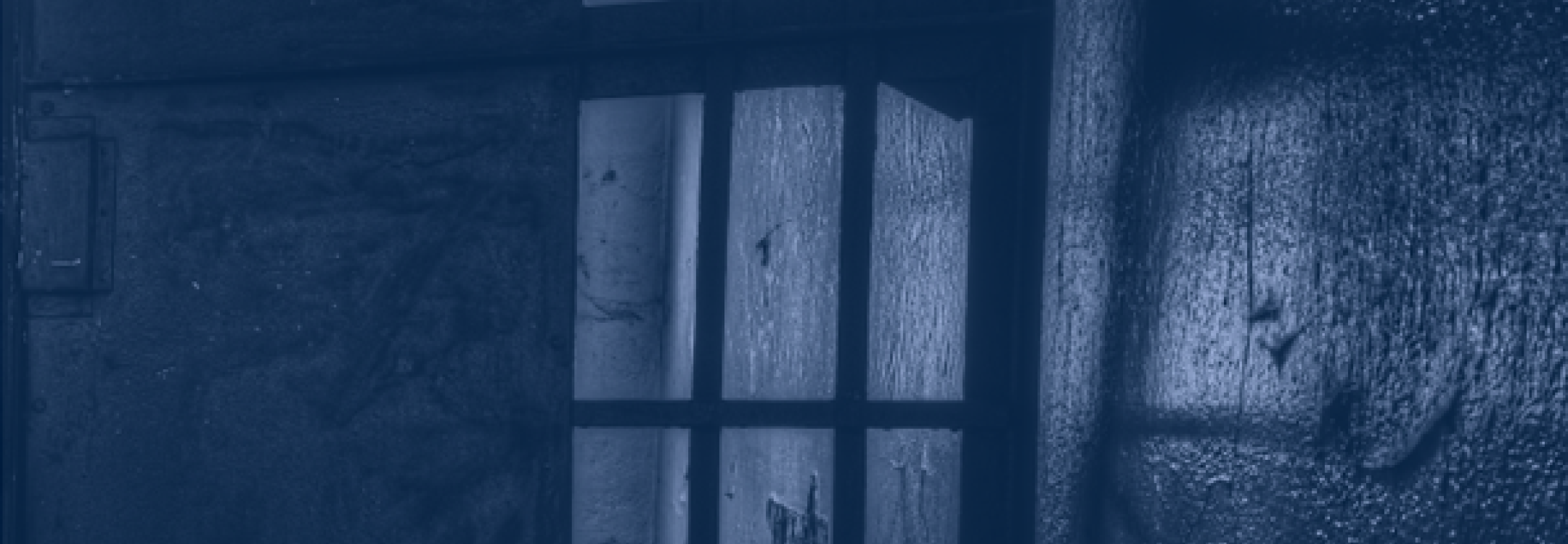
APT has launched two in-depth reports on custody hearings and the implementation of legal safeguards during the first hours of detention in Brazil.
Covering judicial practices and rulings by local courts in Maceió and Cuiabá, capitals of Alagoas and Mato Grosso, the briefings assess judicial dynamics, rulings and implementation of safeguards in each capital in 2018 and 2022 in light of legal and technical standards on the prevention, documentation and investigation of torture.
Developed by APT, the monitoring methodology and indicators aimed to assess how judicial actors respond to the first hours of detention and how legal and whether procedural safeguards were applied in both face-to-face and remote custody hearings. Shortcomings and limitations of virtual courts to secure access to justice are also addressed in the reports.
Allegations of torture or ill-treatment were at alarming rates in both capitals. In Cuiabá, MT, these occurred in 27% of the cases followed in 2018 and comprised 55% of the 2022 monitored hearings. In Maceió, AL, they amounted to 33% in 2018 and 30% in 2022.
These numbers flag that police violence persists in the country and the importance of securing the presentation of every person arrested before judicial authorities to check on their physical integrity and the legality of the detention.
In the reports, APT outlines recommendations to push for prevention policies within justice system agencies, such as accurate data collection and publication, identification of patterns of abuses to inform public policies and high-level dialogues with State authorities, and enforcement of the Exclusionary Rule by judicial actors to invalidate and remove from the legal procedure every information or evidence obtained through illegal means.
Adapting the monitoring to different modalities of custody hearings since the virtualization of justice in Brazil, first-hand observation of over 200 custody hearings enabled APT to identify trends and provide recommendations that aim to improve criminal justice agencies and State authorities' current practices in the first hours of detention.
Judges’ opening remarks, for example, are key to establishing rapport with defendants, framing the current charge, explaining legal proceedings and questioning whether legal safeguards were followed since detention, like the right to legal assistance, the right to silence, the exceptional use of restraining instruments and the prohibition of torture and ill-treatment. APT has recommended courts to issue guidance to judges according to technical standards and the Principles on Effective Interviewing for Investigations and Information Gathering (Méndez Principles).
APT also observed a positive trend on the implementation of the Exclusionary Rule as outlined in Article 15 of the International Covenant Against Torture by judges in Mato Grosso when consistent police abuses were reported. In 17% of cases observed in 2022, judges released the defendants based on allegations of illegal and abusive house searches without a judicial warrant or violence against defendants or their next of kin. Such rulings uphold the prohibition of torture and are a key instrument in the hands of judges so custody hearings fulfil their role as a pillar for torture prevention within the criminal justice system, vital to counter police abuses in Brazil.
The interviews that aim for effective detection and documentation of alleged tortures were a positive aspect mapped out in Alagoas. These questionings were mainly carried out by the prosecutor assigned for most of the custody hearings in Maceió, often asking open-ended questions to defendants about the circumstances and dynamics of the allegations.
Resorting to technical guidelines such as the UN Istanbul Protocol and the Méndez Principles is of great help for structuring productive and rapport-based interviews in custody hearings, gathering information on perpetrators, witnesses, crime scenes, injuries and other potential evidence.
The briefings also present other good and worrying practices mapped during the research, based on the observation of 217 hearings by APT. These include, among others, the use of handcuffs and feet shackles, ensuring private conversations with legal defense, timely examination and reporting by forensic experts, psychosocial assistance to defendants, detention conditions at the court facility and access to family members to the court session.
APT would like to thank judges from Maceió and Cuiabá for granting access for researchers to the hearings, defendants, and copies of the proceedings. APT hopes that the reports complement the array of research that Brazilian civil society organizations have been developing for greater transparency of the Judiciary and are a valuable tool for criminal justice actors to strengthen due process and humans rights n the first hours of detention.
See the report on Maceió, Alagoas, in the link (available in Portuguese only): https://www.apt.ch/pt/centro-de-conhecimento/publicacoes/serie-de-cadernos-informativos-sobre-audiencias-de-custodia-0
See the report on Cuiabá, Mato Grosso, in the link (available in Portuguese only): https://www.apt.ch/pt/centro-de-conhecimento/publicacoes/serie-de-cadernos-informativos-sobre-audiencias-de-custodia
